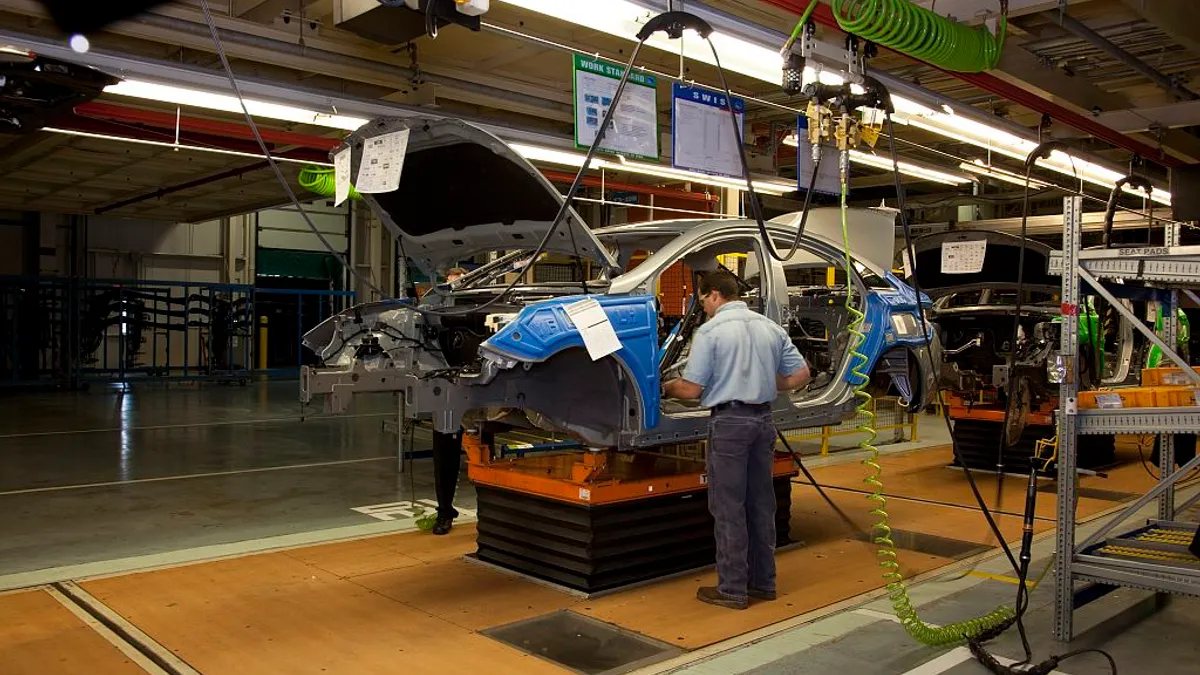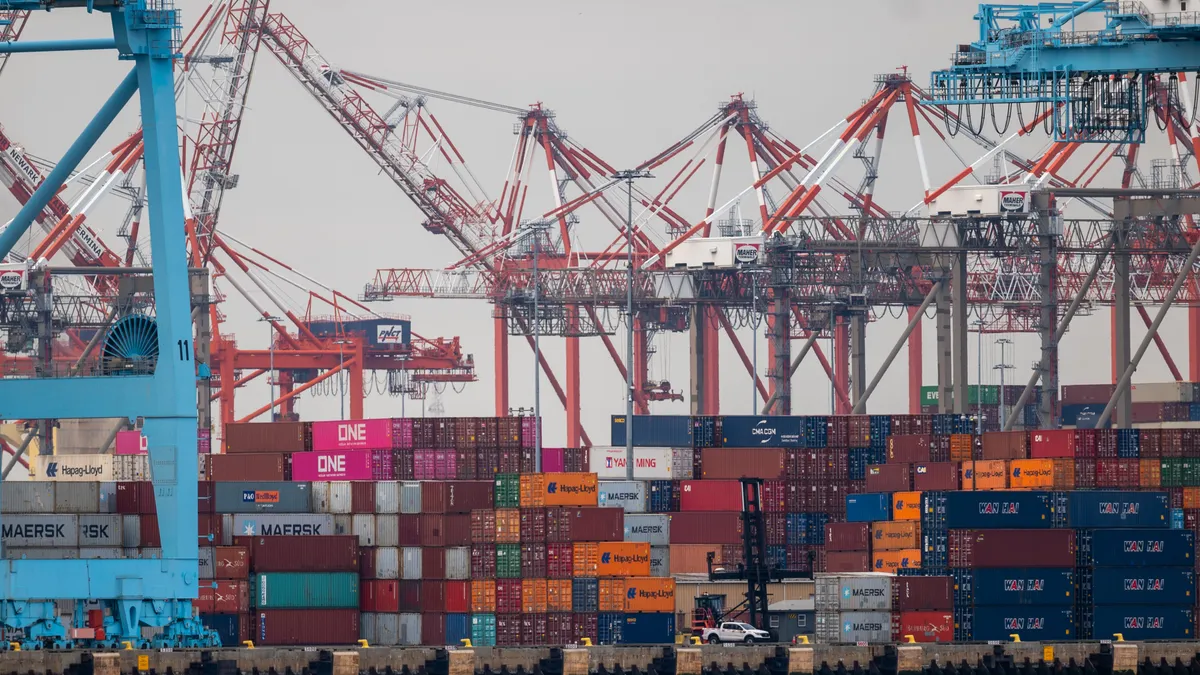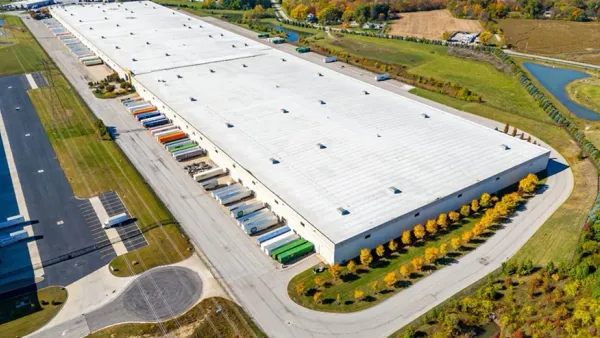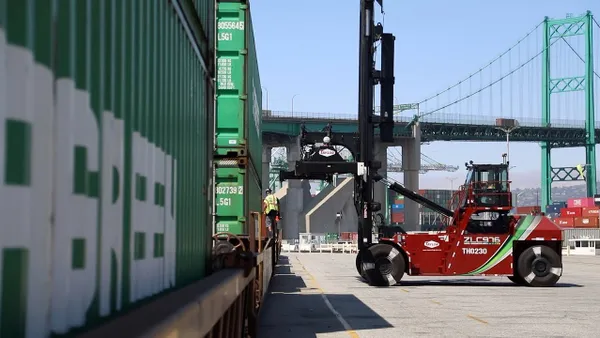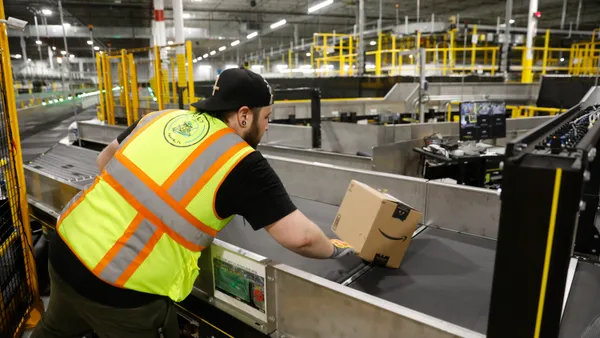Dive Brief:
- On May 12, South Korea forced Hyundai and Kia to recall 240,000 vehicles due to five defects recognized by a quality control engineer who ultimately became a whistleblower, ABC News reported last week. In addition to forced recalls, a government probe is underway.
- The whistleblower last year alerted the authorities of 32 design flaws to an engine model the company had allegedly been playing down since July 2015, after having first alerted Hyundai about the hidden defects, the New York Times reports.
- Models such as the Avante, i30, Genesis, Sonata, Tucson, Santa Fe and Sportage were recalled in South Korea. In April, the company additionally recalled 1.4 million vehicles in the U.S., Canada and South Korea.
Dive Insight:
Various unfavorable conditions have to be present at a company for a whistleblower to emerge — but just one pivotal one has to be lacking: Trust in employees. Had the manager of the team with which the engineer who ultimately reported concerns worked been heard, the result may not have been a recall of 240,000 vehicles.
The New York Times report reveals the move is not only uncommon, but frowned upon in South Korea. But after the whistleblower attempted to alert authorities of the design flaws, and over a year went by with no action from the company, the employee chose to go public. Contributing factors include a hierarchical company culture, where if a superior downplays an issue, the issue is dead thereafter. Such cultures are not limited to South Korea, and can evidently result in quality issues.
Yet, as the shop floor engineer — regardless of the department — is the main person interacting with products each day, the have a heightened ability to spot defects or product discrepancies. Outside manufacturing, in retail for example, shop floor associates are seen as a pivotal partner in preventing petty theft.
But for such programs to succeed, management must be prepared to hear issues from below, or have a process wherein they can be consistently evaluated. In Hyundai's case, it may have been the defects were non-consequential to the product. Yet, if such decisions are made, they must also be communicated to the person most concerned about them.
The supply chain manager's responsibility is to deliver a quality product on time, every time. To do so, the manager must be supported from all sides: above and below in the company, and also by partners upstream and downstream. Establishing a culture of trust and communication can go a long way in identifying problems before they boil over, and even drive some efficiencies.


